A Comprehensive Guide to Choosing an Office on Lease
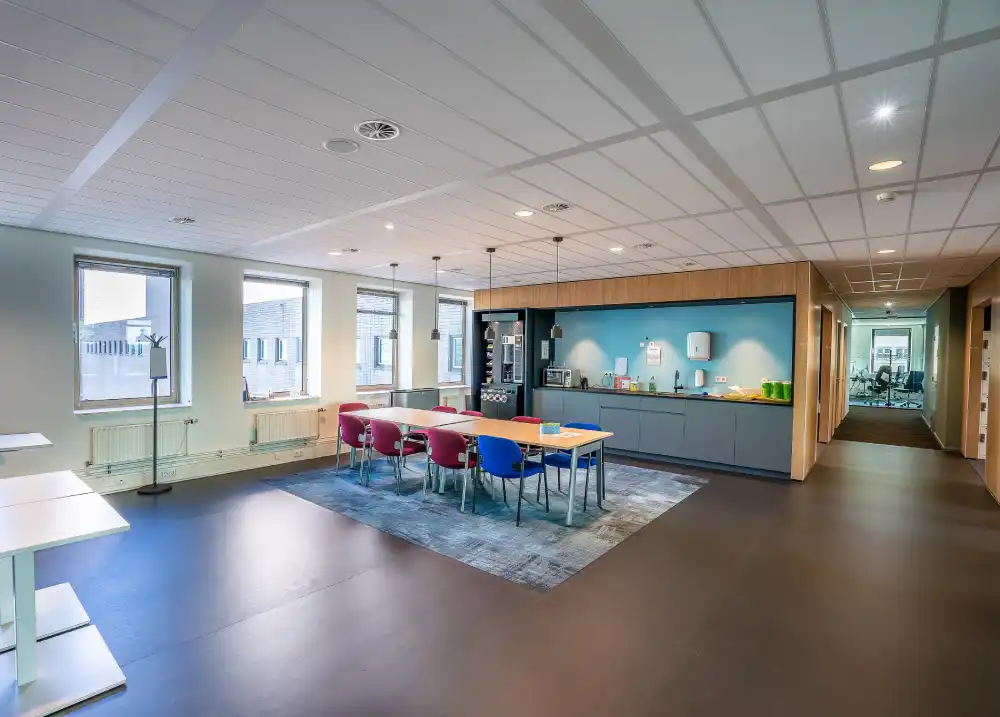
Choosing the right office space can be a critical decision for your business. The right environment can boost productivity, enhance company culture, and even affect your brand’s image. Leasing an office space is a significant investment, and it’s essential to make an informed choice. Whether you're a startup looking to establish a presence or an established company seeking to expand, this guide will help you navigate the process of finding the perfect office on lease.
1. Assess Your Business Needs
Before you start hunting for office space, it’s crucial to understand what you need. Consider the following questions:
- What is your budget? Determine how much you are willing to spend on rent each month. Remember to factor in additional costs such as utilities, maintenance, and any fit-out or renovation expenses.
- How much space do you need? Calculate the amount of space required based on the number of employees, equipment, and workstations. A general rule of thumb is to allow 100 to 150 square feet per employee.
- What is your preferred location? Proximity to clients, employees, and partners can influence your choice of location. Consider the commute time, accessibility to public transportation, and neighborhood amenities.
- What amenities are necessary? Identify the essential amenities for your business. This might include parking spaces, high-speed internet, meeting rooms, or a kitchen area.
2. Location Matters
The location of your office can significantly impact your business operations. Here are some factors to consider when choosing a location:
- Accessibility: Choose a location that is easily accessible to both employees and clients. Proximity to public transportation, major highways, and ample parking can make a significant difference.
- Safety and Security: Ensure the area is safe for employees, especially if they are working late. Check the security measures of the building and the crime rate in the neighborhood.
- Proximity to Amenities: Employees appreciate nearby amenities such as cafes, restaurants, gyms, and banks. This can contribute to their overall job satisfaction and well-being.
- Business Environment: Some businesses thrive in a bustling city center, while others might prefer a quieter suburban location. Consider what environment aligns best with your company culture and business type.
3. Understand the Lease Terms
Understanding the lease terms is crucial before signing any agreement. Here are some key aspects to consider:
- Lease Duration: Office leases can range from short-term (month-to-month) to long-term (5-10 years). Choose a lease term that aligns with your business goals and offers flexibility for growth.
- Rent Escalation: Check if the lease includes rent escalation clauses, which could increase your rent annually or at fixed intervals. Make sure the terms are clear and reasonable.
- Maintenance and Repairs: Clarify who is responsible for maintenance and repairs. Some leases may require tenants to cover these costs, while others might include them in the rent.
- Subleasing Options: If your business needs change, you might want to sublease the space. Ensure the lease agreement allows for subleasing and understand the conditions.
- Termination Clause: Understand the penalties for breaking the lease early. Look for a lease with a reasonable termination clause that allows you to exit without excessive penalties.
4. Evaluate the Office Space
Once you have narrowed down your options, it's time to evaluate the office space itself. Consider the following:
- Layout and Design: Does the office layout support your business operations? Open spaces encourage collaboration, while closed offices offer privacy. Choose a layout that matches your work style.
- Natural Light and Ventilation: Natural light and good ventilation can improve employee productivity and well-being. Avoid spaces that feel cramped, dark, or stuffy.
- Infrastructure: Ensure the office has reliable infrastructure, including high-speed internet, phone lines, and power supply. This is crucial for day-to-day operations.
- Condition of the Space: Check the condition of the space, including the quality of flooring, walls, ceilings, and windows. Consider whether you will need to make any improvements or renovations.
5. Plan for Future Growth
Choosing an office space isn't just about meeting your current needs. It's essential to think about the future. Consider:
- Scalability: Can the office accommodate your business growth? Look for spaces that offer flexibility to expand or downsize as needed.
- Long-Term Business Goals: Align your choice of office space with your long-term business goals. If you plan to expand rapidly, a short-term lease with the option to move to a larger space might be ideal.
- Employee Satisfaction: A pleasant work environment can help attract and retain top talent. Consider the impact of the office space on employee morale and productivity.
6. Work with a Real Estate Professional
Navigating the office leasing market can be complex, and working with a real estate professional can save you time and money. A real estate agent can:
- Provide Market Insights: They have access to market data and can provide insights into rental rates, vacancy rates, and market trends.
- Negotiate Lease Terms: An experienced agent can negotiate favorable lease terms on your behalf, ensuring you get the best deal.
- Find Suitable Properties: They can help identify properties that meet your criteria, schedule viewings, and guide you through the selection process.
7. Budget for All Costs
Leasing an office involves more than just the monthly rent. Consider all associated costs to avoid surprises:
- Fit-Out and Renovation Costs: You may need to budget for customizing the office to suit your needs, including furniture, equipment, and interior design.
- Utilities and Maintenance: Understand what utilities are included in the rent and budget for additional costs like electricity, water, and internet.
- Insurance: Commercial property insurance is often required, and it’s essential to have coverage for your office space and equipment.
- Moving Costs: Factor in the costs associated with moving, such as hiring movers, setting up IT infrastructure, and downtime during the move.
Conclusion
Choosing the right office on lease is a critical decision that can impact your business’s success. By carefully assessing your needs, understanding lease terms, evaluating office spaces, and planning for the future, you can make an informed choice that benefits your company. Don’t hesitate to seek professional help, and remember to consider all costs involved. With thoughtful planning and consideration, you can find an office space that enhances your business operations and fosters growth.
Latest Post
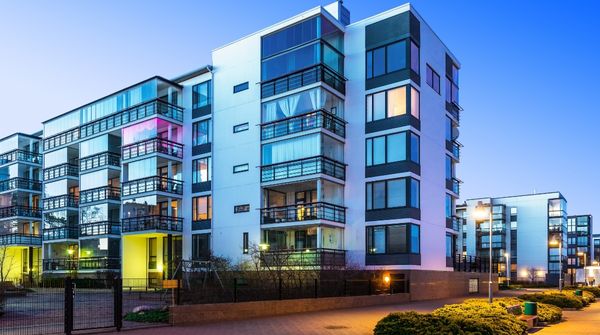
Office Space for Rent in Noida—Prime Locations Available
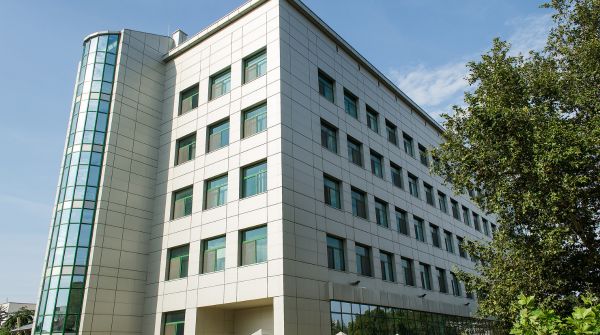
Top 5 Prime Locations to Lease Office Space in Noida
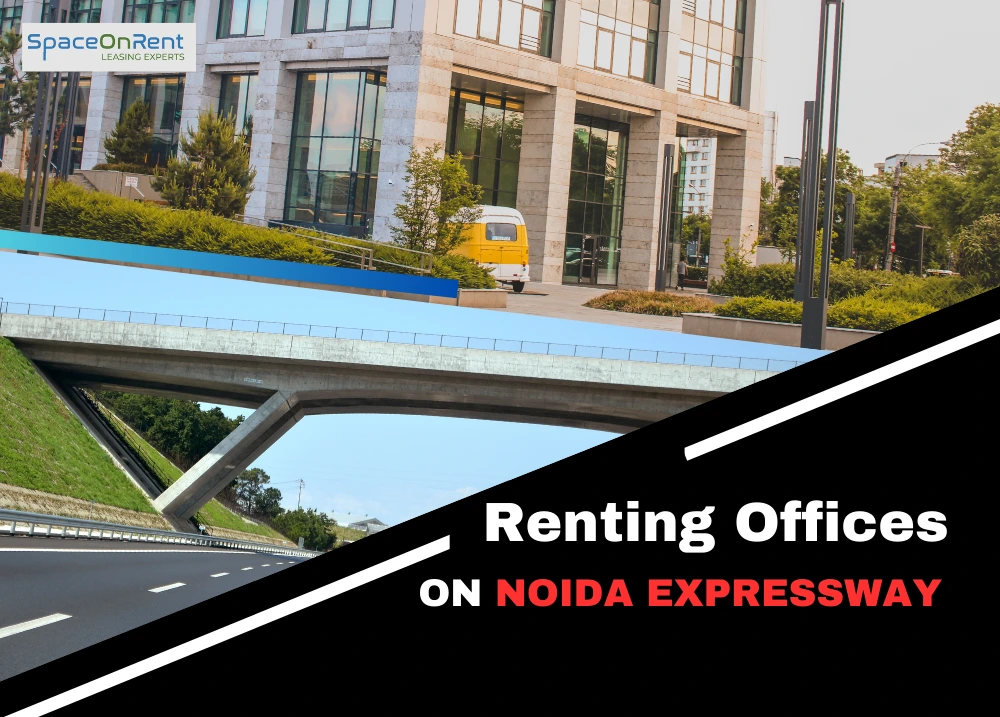
Renting Offices on Noida Expressway: A Comprehensive Guide

Exploring the Ideal Commercial Office Space for Rent in Noida
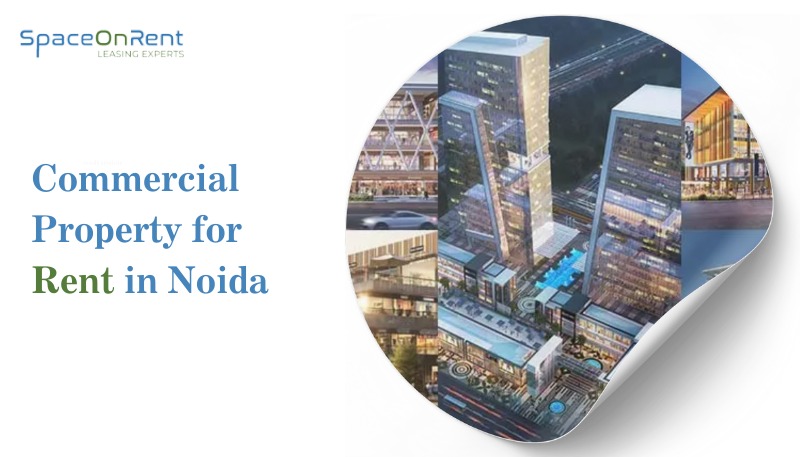
Top Commercial Property for Rent in Sector 6, Noida

Top 5 Locations For Office Space in Noida
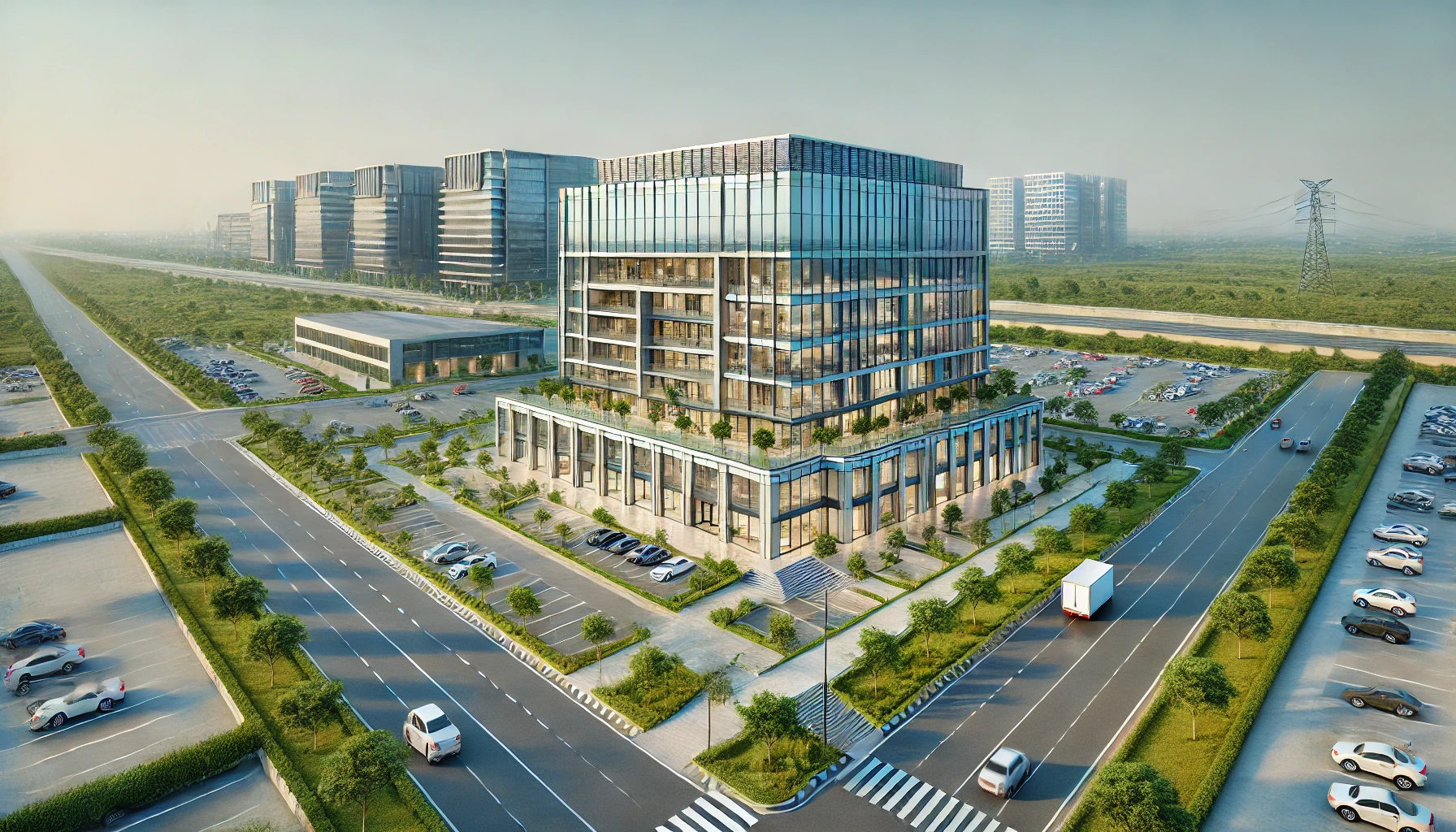
Commercial Property for Rent/Lease in Noida Greater Noida Expressway

Commercial Property for Rent/Lease in Film City Noida

Best Office Spaces for Rent in Noida
